VfB Stuttgart became the third Bundesliga club with an esports section today, following FC Schalke 04 and VfL Wolfsburg. The club has signed Erhan “Dr. Erhano” Kayman und Marcel “Marlut” Lutz, competitive FIFA players, to represent the club in PlayStation and Xbox competitions. VfB Stuttgart, best known for its first division soccer team, is a multi-sport club founded in 1893 and has departments in fistball, hockey, track and field, and table tennis. The soccer team has won the national championship five times, most recently in the 2006 to 2007 season. They won the DFB Cup three times and the UEFA Intertoto Cup a record three times, as well. FIFA agency STARK eSports facilitated the club’s entry into esports and didn’t just convince VfB’s management. Four of the club’s 31 partners agreed to carry over their partnership to esports. Puma, the sportswear manufacturer, Fischer, best known for its screw anchors, Barmer, a health insurance company, and Schunk, a clamping and gripping technologies firm, accompany the club on its new venture. “Entering FIFA esports, and thus, a steadily growing sphere with an immensely interesting demographic, adds to our core activity, soccer, and is a natural fit into the virtual world,” said Jochen Röttgermann, VfB board member, in the press release. “Gaming isn’t just popular among the younger generation but also a focus for many companies, who want to bolster their brand popularity, just like VfB Stuttgart.” In fact, VfB isn’t the first club that convinced its traditional sports partners to transition into esports. Counter-Strike: Global Offensive team North, owned by Danish soccer club FC Copenhagen, famously displays the club’s sponsor adidas on their jerseys, for instance. Another example is Paris Saint-Germain, which carried its existing partnership with betting site PMU over to esports, agreeing on a six-figure sponsorship deal. With adidas already present in the esports market, it’s especially noteworthy to see Puma follow its rival. The German sportswear manufacturers go all the way back to the 1920s, when brothers Rudolf and Adolf Dassler launched a shoe company together in their mom’s laundry room. Out of growing tensions between the brothers, years later the separate companies of Puma and adidas were born. An ages-old business rivalry has now arrived in esports. While another soccer club putting FIFA players into its jersey isn’t really that exciting anymore, it’s great to see a club pulling in other non-endemic brands.
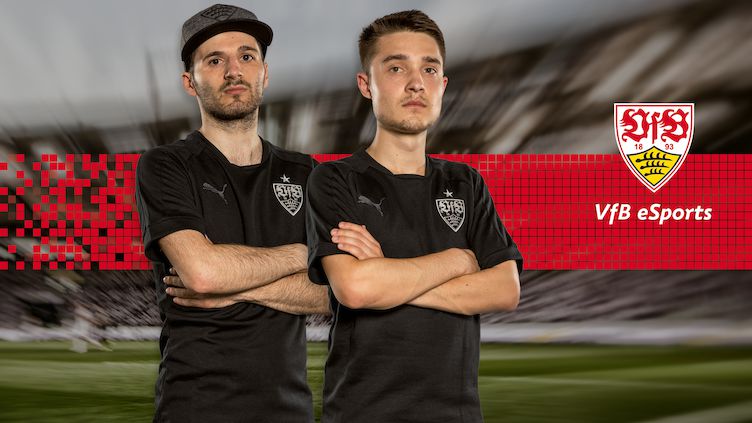
Image via VfB Stuttgart
Category:
Third Bundesliga club enters esports, brings big name sponsors like Puma with it
VfB Stuttgart convinced four of its sponsors to carry over to esports.
Thiemo Bräutigam
|
Recommended Videos
Dot Esports is supported by our audience. When you purchase through links on our site, we may earn a small affiliate commission. Learn more about our Affiliate Policy
More Stories To Read
You Should Also Read
You Should Also Read
You Should Also Read





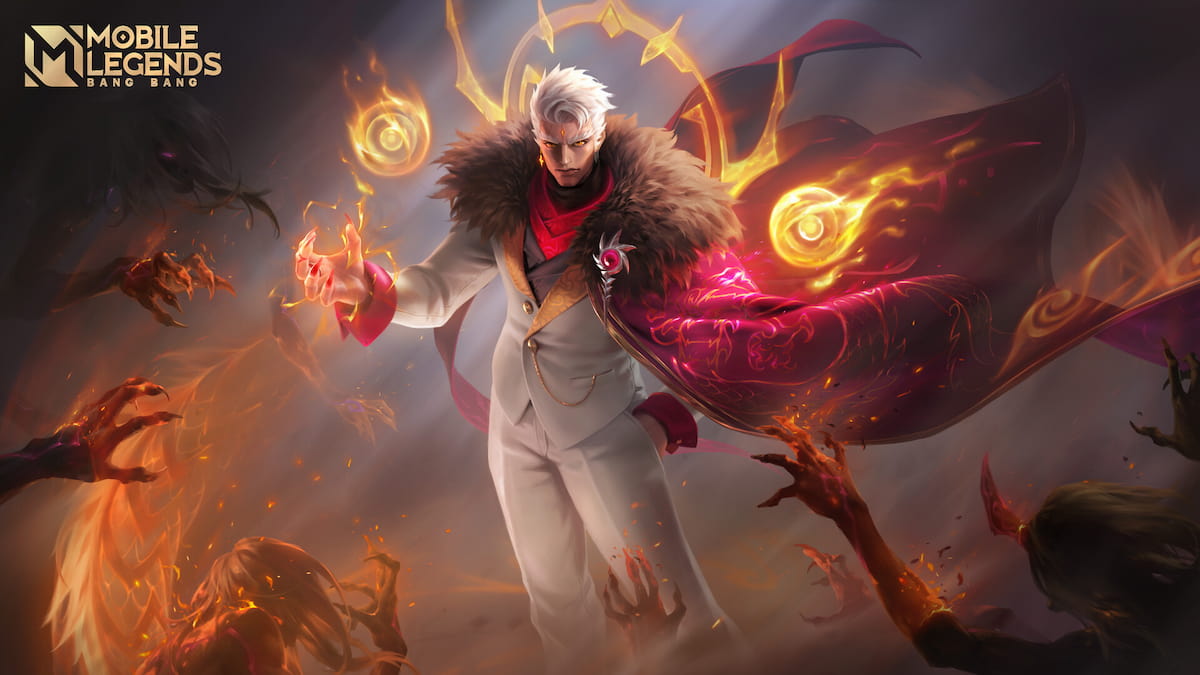
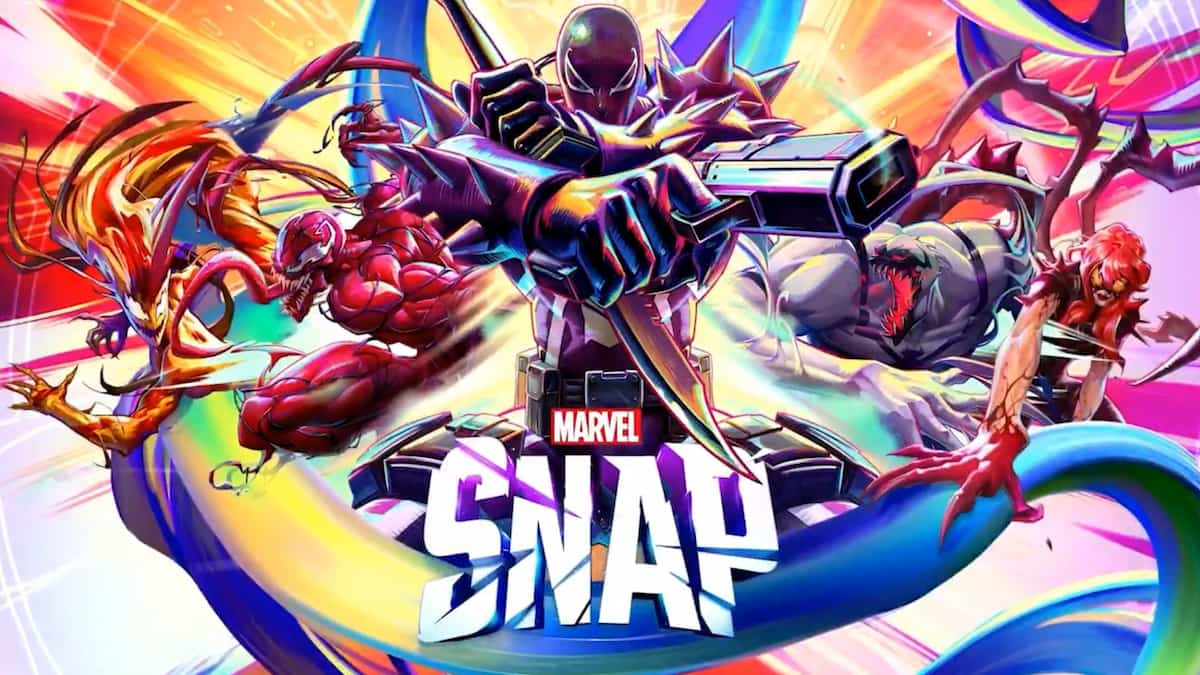


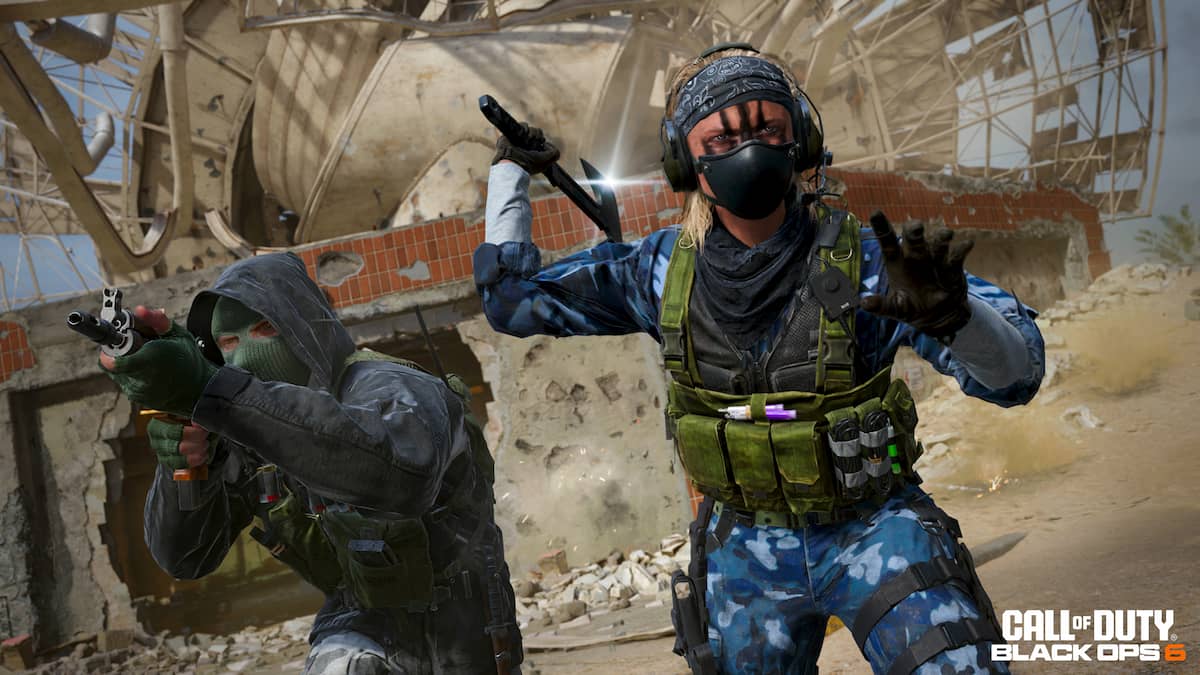
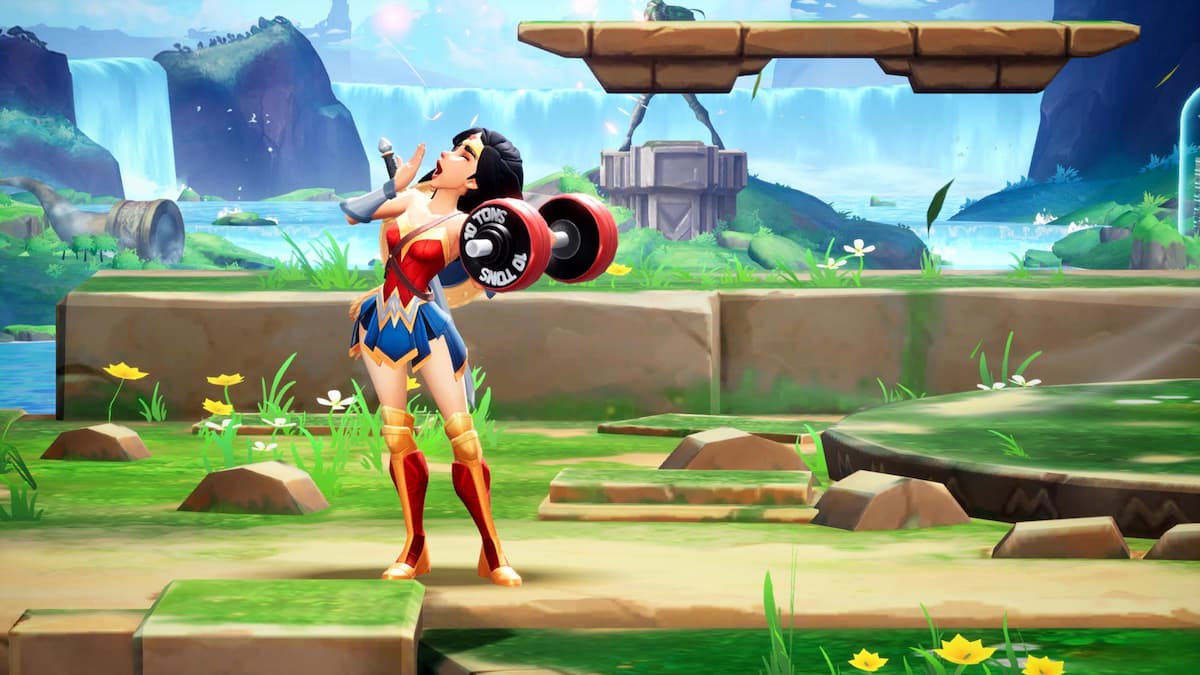
Published: Jul 19, 2017 03:08 pm